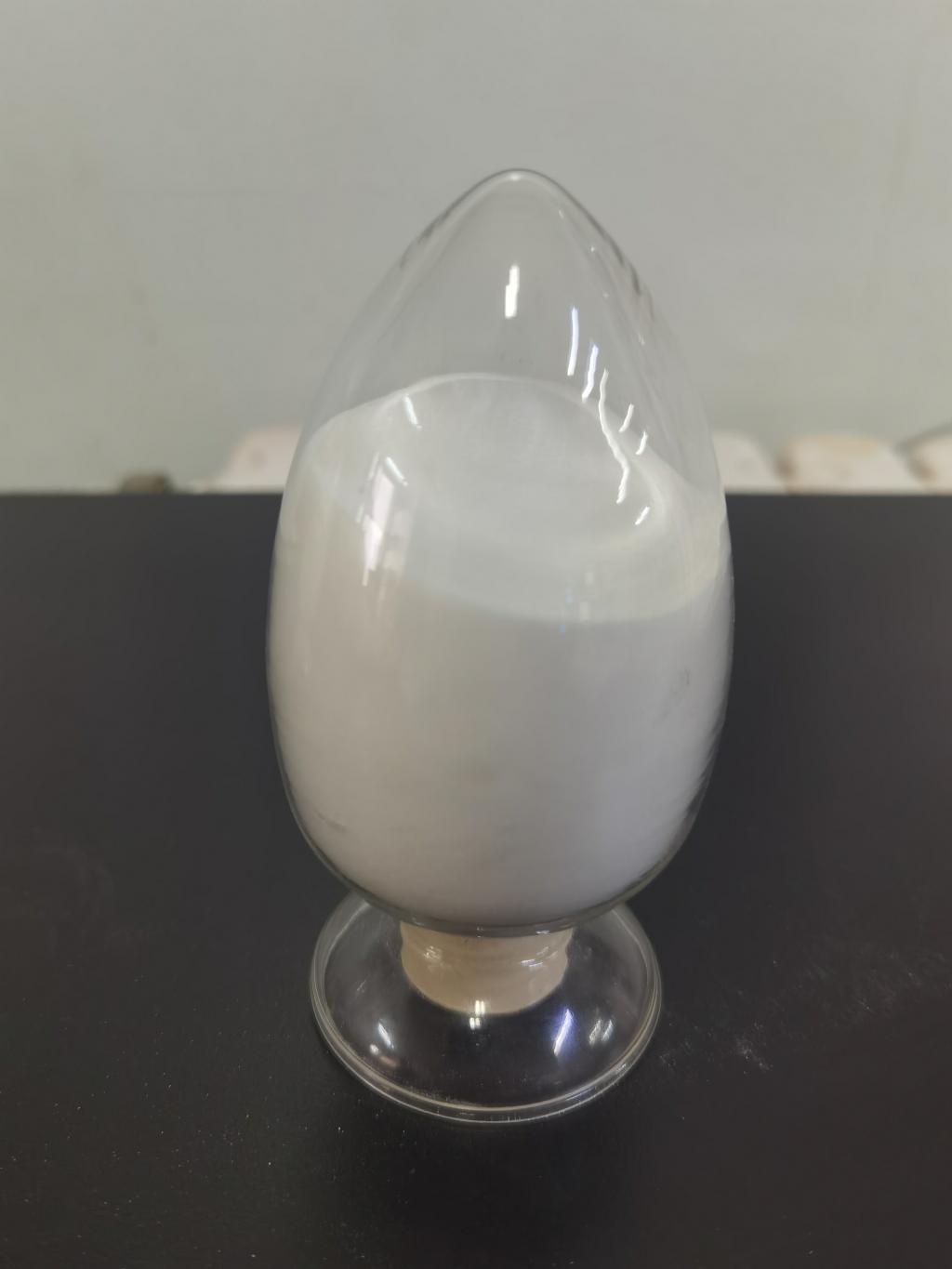Tel:+8618231198596

News
 CONTACT
CONTACT
 CONTACT
CONTACT
- Linkman:Linda Yao
- Tel: +8618231198596
- Email:linda.yao@dcpharma.cn
- Linkman:CHARLES.WANG
- Department:Overseas
- Tel: 0086 0311-85537378 0086 0311-85539701
News
Understanding the effects of ε-Polylysine hydrochloride on the microbiota of fermented foods.
TIME:2024-05-07
Understanding Fermentation and Microbiota:
Fermentation is a metabolic process in which microorganisms, such as bacteria, yeasts, and molds, convert carbohydrates into acids, alcohols, and gases in the absence of oxygen. This process is used to produce a wide range of fermented foods, including bread, cheese, yogurt, sauerkraut, and kimchi. The microbiota present in fermented foods play a crucial role in the fermentation process by producing enzymes and metabolites that contribute to flavor development, texture modification, and preservation.
Role of ε-Polylysine Hydrochloride in Food Preservation:
ε-Polylysine hydrochloride is a naturally occurring antimicrobial compound derived from Streptomyces albulus. It is approved as a food preservative in many countries and has been used to inhibit the growth of bacteria, molds, and yeasts in various food products. ε-Polylysine hydrochloride works by disrupting microbial cell membranes, leading to cell death and inhibition of microbial growth. Its broad-spectrum antimicrobial activity makes it an attractive option for extending the shelf life of fermented foods.
Effects of ε-Polylysine Hydrochloride on Fermented Foods:
While ε-Polylysine hydrochloride has been shown to effectively inhibit the growth of spoilage microorganisms in fermented foods, its effects on the microbiota responsible for fermentation are less clear. Some studies have suggested that ε-Polylysine hydrochloride may disrupt the balance of microbial populations in fermented foods, leading to changes in flavor, texture, and overall quality. However, other studies have found that ε-Polylysine hydrochloride has minimal impact on the microbiota of fermented foods when used at low concentrations.
Implications for Food Quality and Safety:
The effects of ε-Polylysine hydrochloride on the microbiota of fermented foods have important implications for food quality and safety. Changes in the microbial composition of fermented foods can alter their sensory properties, such as taste, aroma, and mouthfeel, affecting consumer acceptance and preference. Additionally, disruptions to the fermentation process may compromise the safety of fermented foods by allowing the growth of pathogenic bacteria or spoilage microorganisms.
Challenges and Considerations:
There are several challenges and considerations to be addressed when using ε-Polylysine hydrochloride in fermented foods:
Optimal Concentration: Determining the optimal concentration of ε-Polylysine hydrochloride to achieve antimicrobial effects without adversely affecting the fermentation process or the quality of the final product.
Regulatory Approval: Ensuring that ε-Polylysine hydrochloride meets regulatory requirements for safety and efficacy in fermented foods, including labeling requirements and maximum residue limits.
Consumer Perception: Educating consumers about the use of ε-Polylysine hydrochloride in fermented foods and addressing any concerns about its safety or impact on food quality.
Conclusion:
The effects of ε-Polylysine hydrochloride on the microbiota of fermented foods are complex and depend on various factors, including concentration, application method, and fermentation conditions. While ε-Polylysine hydrochloride has been shown to effectively inhibit the growth of spoilage microorganisms in fermented foods, its effects on the fermentation process and the quality of the final product require further investigation. Continued research in this area will help optimize the use of ε-Polylysine hydrochloride in fermented foods and ensure its safety and efficacy for preserving food quality and safety.
- Tel:+8618231198596
- Whatsapp:18231198596
- Chat With Skype







